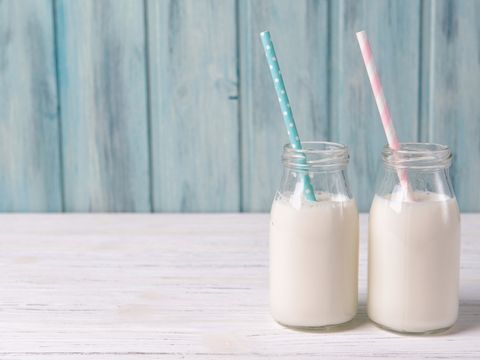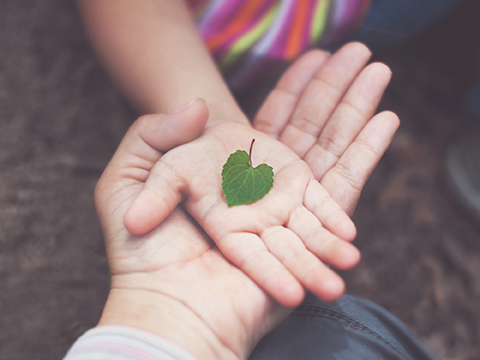Posted on: 10 Mar 2023

You may have heard growing up that milk helps build strong bones and keeps you healthy. But have you heard that milk, and other calcium-rich foods and drinks, can help lower your risk of kidney stones too? It’s true! There are many different types of kidney stones, with 80% being calcium stones.
The two types of calcium stones are calcium oxalate and calcium phosphate. Calcium oxalate is the most common of these two and talking with your doctor can help to come up with a plan to prevent these stones and help treat them if they occur.
Below is a short list of things you can do to help with calcium oxalate kidney stones:
- Drink enough fluid every day
- Staying hydrated is of great value for so many health reasons! For kidney stones, drinking enough fluid daily is a great way to help prevent new stones from forming.
- Eat the recommended amount of calcium
- Foods and drinks with calcium help keep your bones healthy and lower your risk of kidney stones. Calcium doesn’t have to just come from dairy, there are non-dairy options as well.
- Reduce the amount of salt in your diet
- Your doctor may suggest reducing your salt intake to help lower your urine calcium level, which helps to lessen the chance of forming stones.
- Eat plenty of fruits and veggies
- Fruits and veggies gives your body important nutrients like potassium, fiber, magnesium, antioxidants, phytate and citrate – all of these are known to help prevent stones from forming.
- Eat foods with low oxalate levels
- Foods such as spinach, rhubarb and almonds are healthy, but have high-oxalate levels, so you may be asked to limit these types of foods if you are having trouble with calcium stones.
- Eat less meat
- If your diet is causing high urine uric acid, your doctor may suggest eating less meat.
These are just some of the ways to help with calcium kidney stones but remember, every person is unique so it is always best to talk to your doctor about any concerns you have. Your doctor will help you come up with a treatment and prevention plan that is specific to you.
Learn more about calcium and kidney stones with this free online fact sheet.
Want some fun recipes to try that are also helpful for kidney stones? Check out our Living Healthy: Fight Kidney Stones with Food Cookbook.
Explore Further
Share Your Story
Have a story to share? The Urology Care Foundation invites you to share your experience with a urologic condition and how it has affected you or your family.
Make a Differnece
Your tax-deductible gift will help support the millions of patients who are faced with urologic disease. Together, we care.



